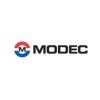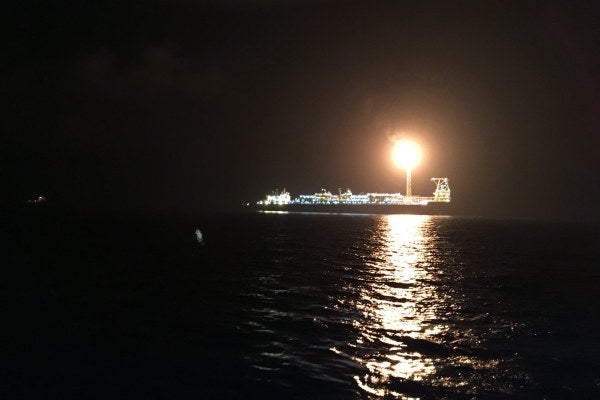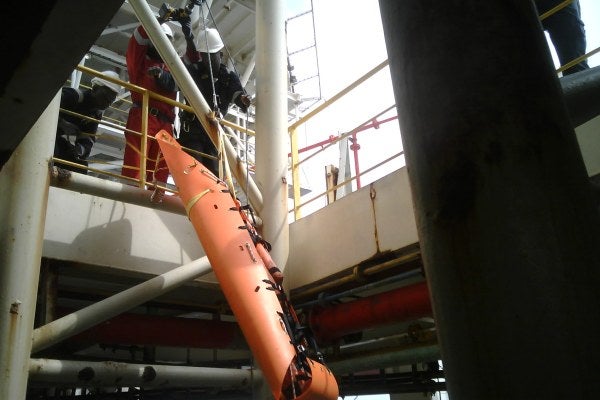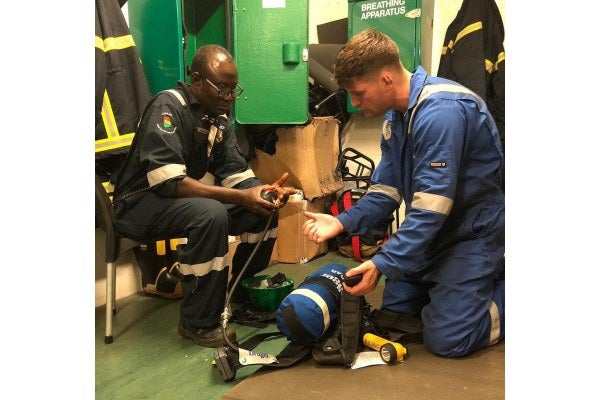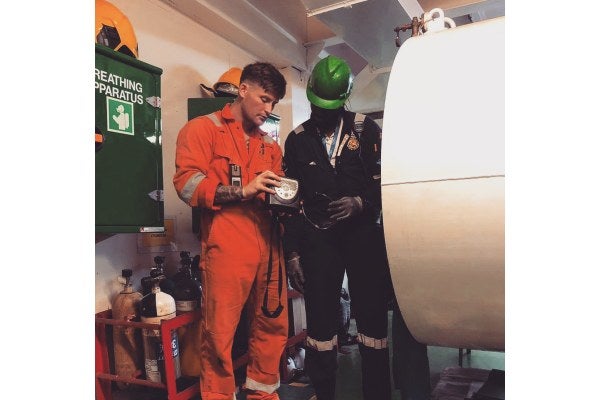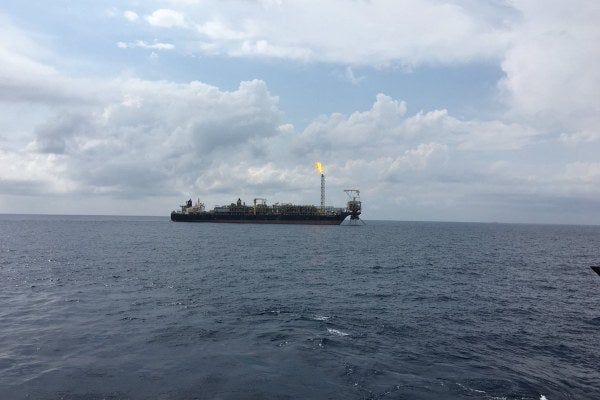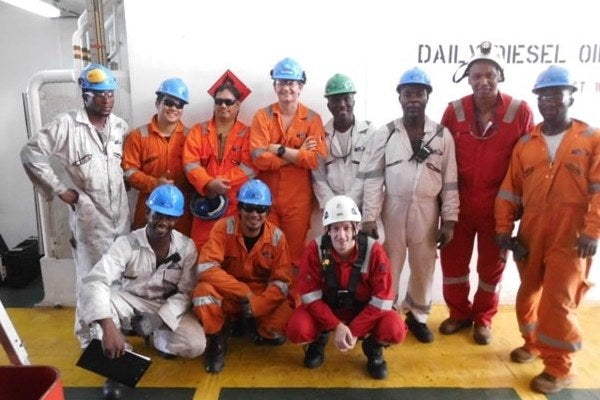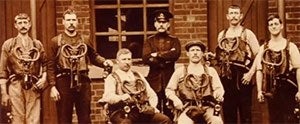We have been collaborating with companies worldwide for many years, to provide expert training, consultancy and industrial rescue on all areas of health and safety.
Recognised worldwide for our confined space expertise, contracts have been conducted in Russia, India, Ukraine, Kazakhstan, Turkey, Iran, America, Ghana and Colombia, amongst others.
This case study relates to work we did over a period of 3 years on a floating vessel in Ghana.
Background
We had previously worked with the then new Health and Safety Manager for Modec, a large Japanese oil and gas company, and he got in touch as he had responsibility for the safety and welfare of a team working on a Floating Production Storage and Offloading vessel (FPSO) in Ghana.
He knew the standards we worked and trained to and asked us to initially provide training for over 70 Modec candidates in high risk confined spaces rescue and rescue from height. These candidates travelled from Ghana to our training centre in Cowdenbeath, Fife to undertake the training at our purpose-built facilities.
Whilst the delegates were with us, we held discussions about a range of safety support that MRS Training & Rescue could provide during a major shutdown that they had planned on one of their FPSOs situated off the coast of Ghana.
Our approach
Our Operations Manager for Scotland travelled out to the Modec office in Ghana to have further discussions with representatives from Modec’s parent company, Tullow Oil. Whilst there he also conducted a full confined space entry and procedures audit and made suggested improvements.
At that meeting we agreed to provide a range of safety services during the maintenance shutdown on the FPSO vessel.
Instructors from our centres in Houghton near Newcastle, and from Crossgates near Fife in Scotland, worked in relays for a month at a time before being replaced by a new team. Four operators worked on the FPSO providing 24-hour cover – two teams of two working 12-hour shifts each with the pair not working being on standby at the adjacent accommodation ship.
Additional services
Our primary role was to provide the initial immediate emergency response in the event of any confined space or working at height incident.
Whilst on standby however we also provided a range of additional safety support services to the customer, to provide them with added value. This included:
- Delivering a range of Health & Safety related training to all personal on the FPSO – as well as confined space and work at height training, we trained staff on first aid, firefighting, manual handling and risk assessments.
- Serviced safety and rescue equipment such as breathing apparatus and gas monitors, including the calibration of this equipment
- Conducted safety audits and inspections and developed risk assessments
- Undertook gas testing and issued gas safety certificates
- Attended daily safety briefings and contributed as necessary
- Provided medical support to any person suffering injury or illness
- Carried out rescue drills to prove the effectiveness of rescue arrangements
- Provided recommendations and guidance relating to all things safety
The results
The shutdown was Initially planned for 3 months but acknowledging our expertise and commitment to safety, we continued providing confined space support for 3 years. The pandemic finally ended our work in Ghana.
Working on the FPSO in Ghana enabled us to train the entire workforce in all aspects of health and safety. And our flexible approach allowed us to train Dayshift, Nightshift and Weekend staff too. We were also able to advise, coach and assess personnel in various aspects of confined space rescue and management principles.
